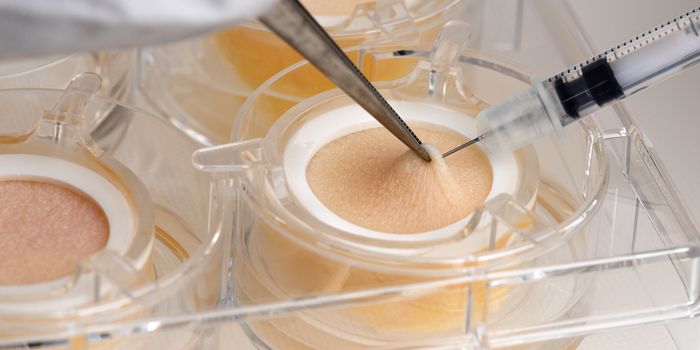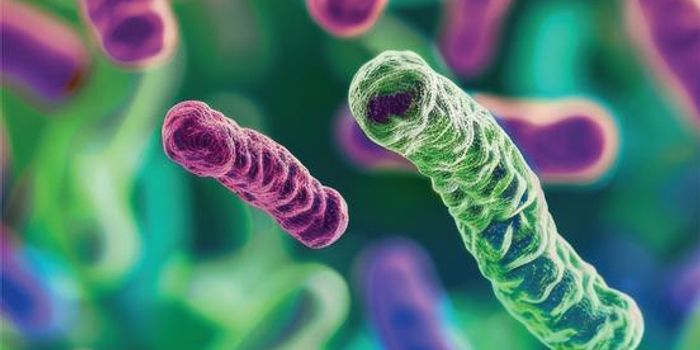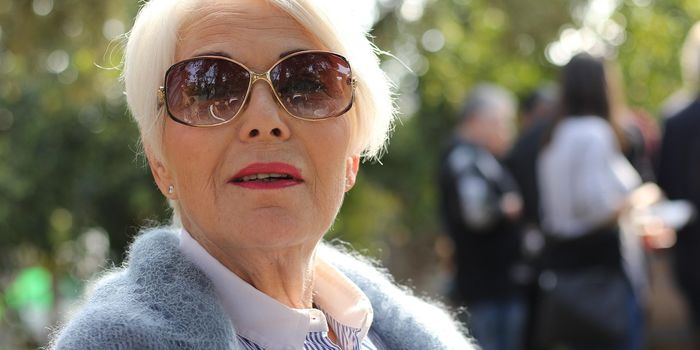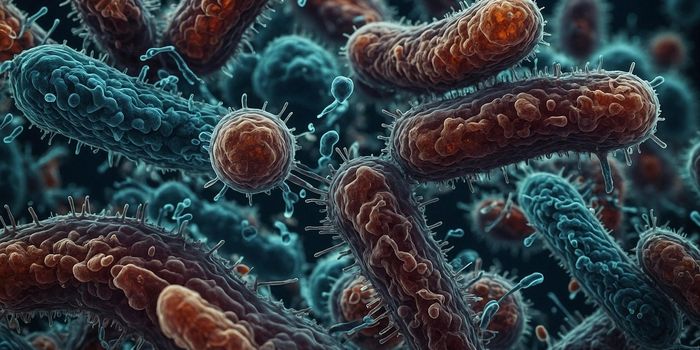The first malaria vaccine candidate (RTS,S/AS01) to reach phase 3 clinical testing is partially effective against clinical disease in young African children up to 4 years after vaccination, according to final trial data, published in The Lancet. The results suggest that the vaccine could prevent a substantial number of cases of clinical malaria, especially in areas of high transmission.
The findings reveal that vaccine efficacy against clinical and severe malaria was better in children than in young infants, but waned over time in both groups. However, protection was prolonged by a booster dose, increasing the average number of cases prevented in both children and young infants.

Brian Greenwood, corresponding author and Professor of Clinical Tropical Medicine at London School of Hygiene & Tropical Medicine in the UK explains, "Despite the falling efficacy over time, there is still a clear benefit from RTS,S/AS01. An average 1363 cases of clinical malaria were prevented over 4 years of follow-up for every 1000 children vaccinated, and 1774 cases in those who also received a booster shot. Over 3 years of follow-up, an average 558 cases were averted for every 1000 infants vaccinated, and 983 cases in those also given a booster dose."
"Given that there were an estimated 198 million malaria cases in 2013, this level of efficacy potentially translates into millions of cases of malaria in children being prevented."
The RTS,S/AS01 vaccine was developed for use in sub-Saharan Africa where malaria still kills around 1300 children every day[1]. There is currently no licensed vaccine against malaria anywhere in the world.
The phase 3 randomised trial enrolled 15459 young infants (aged 6 to 12 weeks at first vaccination) and children (5 to 17 months at first vaccination) from 11 sites across seven sub-Saharan African countries (Burkina Faso, Gabon, Ghana, Kenya, Malawi, Mozambique and United Republic of Tanzania) with varying levels of malaria transmission. In 2014, initial phase 3 results at 18 months showed vaccine efficacy of about 46% against clinical malaria in children and around 27% among young infants [2].
In this study, members of the RTS,S Clinical Trials Partnership followed up the infants and children for a further 20 to 30 months, respectively, and assessed the impact of a fourth booster dose. Participants were each vaccinated three times with RTS,S/AS01 with or without a booster dose 18 months later, or given four doses of a comparator vaccine (control group).
In children who received 3 doses of RTS,S/AS01 plus a booster, the number of clinical episodes of malaria at 4 years was reduced by just over a third (36%). This is a drop in efficacy from the 50% protection against malaria seen in the first year.
Importantly, without a booster dose, significant efficacy against severe malaria was not shown in this age group. However, in children given a booster dose, overall protective efficacy against severe malaria was 32%, and 35% against malaria-associated hospitalisations.
In infants who received 3 doses of RTS,S/AS01 plus a booster, the vaccine reduced the risk of clinical episodes of malaria by 26% over 3 years follow-up. There was no significant protection against severe disease in infants.
Meningitis occurred more frequently in children given RTS,S/AS01 (11 children in the group who received the booster dose and 10 in those who did not) than in those given the control vaccine (1 child). RTS,S/AS02 produced more adverse reactions than the control vaccines. Convulsions following vaccination, although uncommon, occurred more frequently in children who received RTS,S/AS01 than in controls. The incidence of other serious adverse events was similar in all groups of participants.
According to Professor Greenwood, "The European Medicines Agency (EMA) will assess the quality, safety, and efficacy of the vaccine based on these final data. If the EMA gives a favorable opinion, WHO could recommend the use of RTS,S/AS01 as early as October this year. If licensed, RTS,S/AS01 would be the first licensed human vaccine against a parasitic disease."
Writing in a linked Comment, Vasee Moorthy and Jean Marie Okwo-Bele, from the Department of Immunization, Vaccines and Biologicals at WHO in Geneva, Switzerland say, "The donor community would need to coordinate any financing for the RTS,S/AS01 vaccine carefully, should it reach that stage. In particular, funding must not be redirected away from meeting adequate access to artemisinin-combination treatments, rapid diagnostic tests, longlasting insecticidal nets, and other malaria control measures already in place in certain settings."
(Sources: The Lancet; Science Daily)









